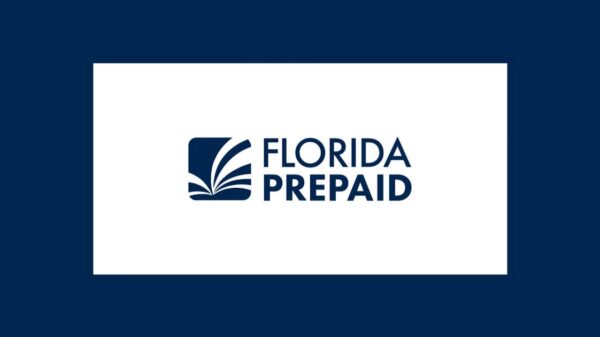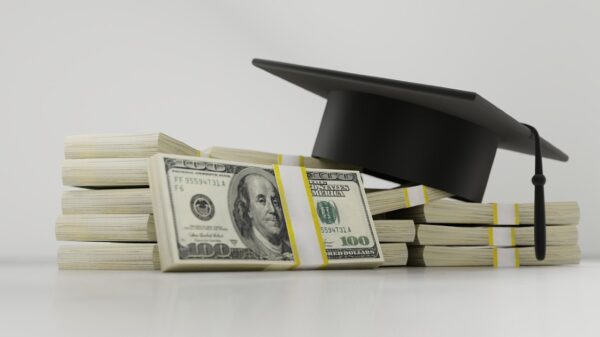More than 9 in 10 Americans think budgeting should be taught in schools, according to a recent survey by personal finance website Wallethub.
Despite this, only 11 of the 50 states get an A rating from the American Public Education Foundation. To earn an A, states must require completion of standalone personal-finance courses in high school and implement financial literacy education into their K-12 curriculum.
To determine which schools are doing the best job teaching students budgeting skills, WalletHub compared the 50 states and the District of Columbia using 11 key metrics. These range from whether students are required to take a personal finance course to financial literacy test scores to school rankings.
On the list, Florida ranked at number five as the best state with the best education.
The best states:
1. Utah
2. Virginia
3. North Carolina
4. Georgia
5. Florida
6. Mississippi
7. New Jersey
8. Alabama
9. Tennessee
10. Nebraska
The worst states:
43. Maine
44. Washington
45. California
46. District of Columbia
47. Massachusetts
48. Wyoming
49. Montana
50. South Dakota
51. Alaska
Wallethub interviewed several business teachers, and they noted that states teaching personal finance in schools experienced an increase in literacy rates.
“All high schools should have mandatory personal-finance education, including instruction in budgeting,” WalletHub analyst Chip Lupo said “Students who learn to budget before they join the workforce will be able to make much better financial decisions. They will also be able to save more for the future and are likely to have higher credit scores than their peers who never learned how to budget or who had to figure things out on their own without instruction.”




















